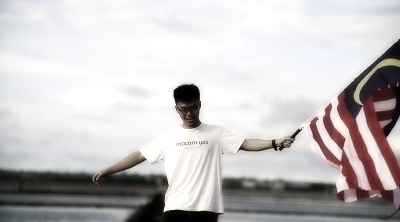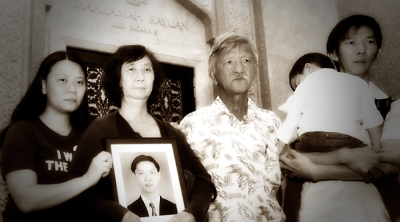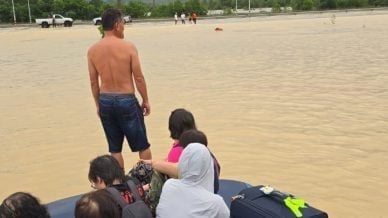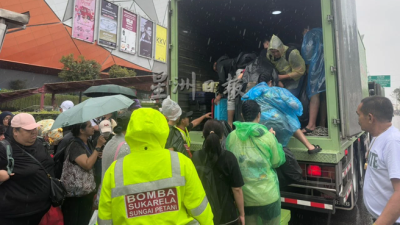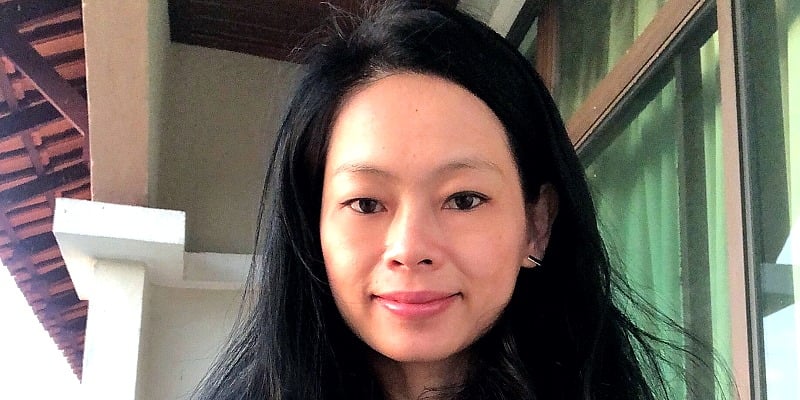
The COVID-19 pandemic has caught us all by surprise and it forced universities to move their lessons and activities to the online platforms.
The pandemic now adds a whole new layer of complexity to the existing structures of higher education that is constantly in debates.
Faculty members and students have had to leave their usual offices, meeting rooms, classrooms and laboratories and switch entirely from face-to-face to online learning, by sudden mandatory campus closures.
While history has shown us that universities have to some extents managed to survive different challenges ranging from wars, genocides, to political crises, this sudden pandemic has made it all the more urgent for us to reconsider the present reality of universities all over the world.
The impact is dramatic, yet in a more positive lens, it is also transformative as educators are forced to put in place workable short-term solutions in order to continue to make sure education continues.
The question is how well the campus-based universities in general adjust to this current situation by choosing the right technologies and approaches for educating and continue to engage their students?
In the column today, I would like to raise four main lessons that we can learn from the COVID-19: the changing perspective of online learning, the build of trust between the universities and the staff members, the need to amplify the student voices and the revival of universities’ values for the public good.
Most universities around the globe has already suspended face-to-face classes for most of 2020 and opted for online teaching.
Similarly in Malaysia, the Ministry of Higher Education (MOHE) in a guideline last week announced that all university lectures must be conducted purely online, with no face-to-face lessons allowed, until December 31 this year.
However, exceptions are given to five categories of students including those who are required to attend physical laboratories, clinical work and laboratory work to carry out their research.
Exceptions are also given to students who do not have a conducive environment for learning via online.
In a follow-up reporting by Malay Mail on May 30 entitled, “Reality for Malaysia’s university students: Online learning challenges, stress, workload; possible solutions for fully digital future until Dec“, it highlights that although universities in Malaysia may already have practiced online learning for students before the pandemic, but the plan to completely do away with face-to-face classes and go fully online may not go as smoothly as envisioned.
The online learning is not new for some universities, what makes it distinctive now is the scale of it. For instance, the concept of massive open online courses (MOOC) is already popular in some part of the world.
Prior to the outbreak of the pandemic, the value of online learning is viewed differently. It is viewed mainly as how a university markets their distance learning and how it is being seen as a more sophisticated approach.
Online teaching has never been as popular and widespread as it is today. It is not commonly seen as a core and substantial strategy in how the universities deliver knowledge, as the face-to-face approach remains crucial and arguably more effective.
There has been critical discourse about the effectiveness of online education and some traditional institutions even viewed it as a “threat”, but in time like this, whichever side we are on, for now it has come to our rescue.
Nevertheless, I remain to have reservation on online learning, as we should carefully look at this alternative with consideration of those who might not be as accessible as we are.
As I wrote in my previous column in April, “COVID-19 proves technology has its limit in teaching and learning“, I concluded that although the universities have no option but need to adapt fast to the circumstance by depending on technology for online learning, what is certain is that this pandemic has shown to us that while technology is powerful but it is not able to replace face-to-face learning.
The next lesson that I would like to raise is the concept of work from home and its link to trust building.
Work from home has become a fact of life for many of us in various sectors. The concept is not new as some organizations have long adopted such approach, but for some in a time like this, it has provided a practical alternative to ensure our work continues.
This opens up a door for the universities to build and retain the trust of their stakeholders, especially students and also the educators.
Trust matters in all sectors and in the relationship between the employers and the employees, it is the same for the universities.
From the perspective as an educator, the university needs to trust one another to collaborate and share ideas. Ideally, the higher education should consider having a culture that depends heavily on trust, as distrust lowers performance.
We are already witnessing elements of this in the midst of the pandemic, and how it can promotes productivity.
For instance, the educators despite of different academic backgrounds respond with dedication by getting involved in the much-needed research from different disciplines for a greater good to the society.
Such form of civic sense and social solidarity are much appreciated as the research is intended to be a contribution to the society purposes such as policy and advocacy.
This should be the higher education’s defining characteristic, that some universities have forgotten while they are in the business of chasing ranking. The COVID-19 reminds us the true value of the foundation of a university.
In a recent report produced by the Economist Intelligence Unit (EIU), “New schools of thought: Innovative models for delivering higher education“, it has outlined how higher education institutions must adapt to survive as they face challenges in public funding, questions over their value, and the challenges that technology poses.
What’s interesting about this report is that it has highlights how students will have the power to “bankrupt” universities that do not meet their expectations in a post COVID-19 world.
This is precisely the other lesson that I would like to highlight. For the first time, the student’s role is emphasized more than before, and they are now playing the role as the “determinant partner” as how the report described.
Their voices now are greater than before as they get to determine what universities should be doing and which ones should have the right to serve them going forward.
This is especially so for universities that is heavily reliant on international student intakes. This should have been the practice before the pandemic, yet it has been forgotten when the nature of universities shifted in the globalized world.
The final lesson that I would like to highlight is that I hope the COVID-19 lead us to reconceptualize these challenges, of how we should renew out commitment to our core values of academic freedom, institutional autonomy and engagement by students, faculty and staff, and re-emphasizing the role of university for the public good based on democracy, human rights and the rule of law as well as social justice, inclusion and equity.
As stressful as it is for many of us in the education sector, all other stakeholders especially the students, also policy-makers and the society at large, equally feel the uncomfortable feeling.
This pandemic warns us of our current education systems’ vulnerabilities and shortcomings. It also reminds us of the long overdue reform of our education system.
More fundamentally, COVID-19 offers perhaps the best opportunity for us to review the role and the value of a university, especially on how it can continues to be relevant and maintain its connection with the society.
There is no better time for rethinking the future of higher education than today. Certainly, several positive steps have been taken, but they are not sufficient.
When we return to campuses, we should not forget these lessons that have saved us during the pandemic.
(Khoo Ying Hooi is Universiti Malaya Senior Lecturer.)
ADVERTISEMENT
ADVERTISEMENT








